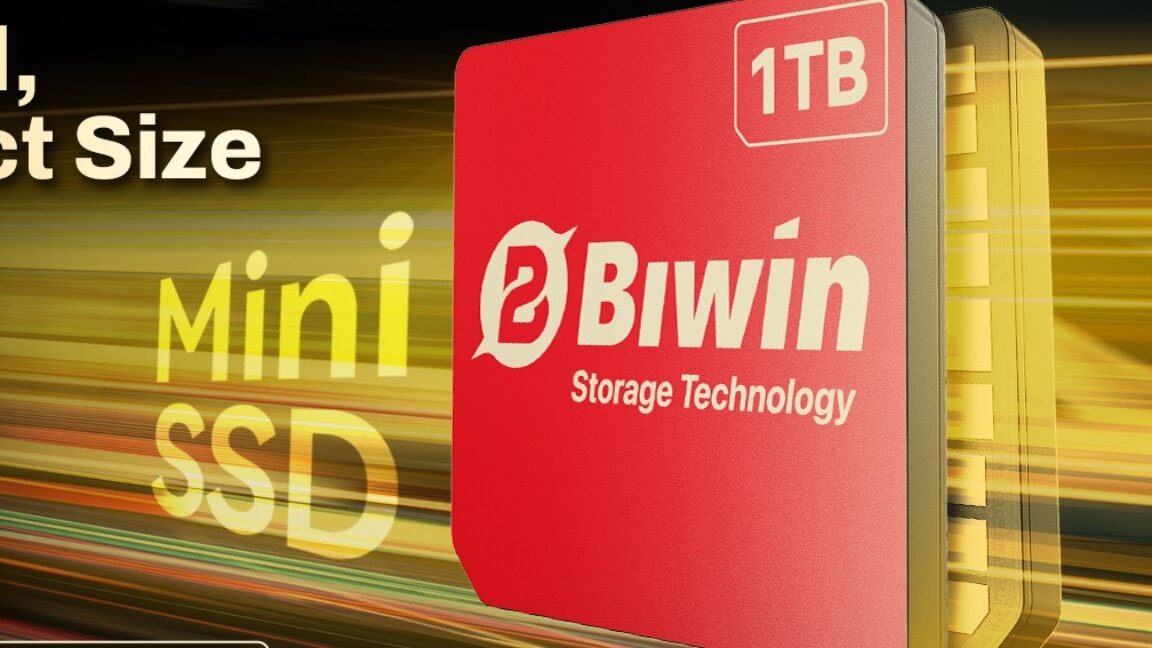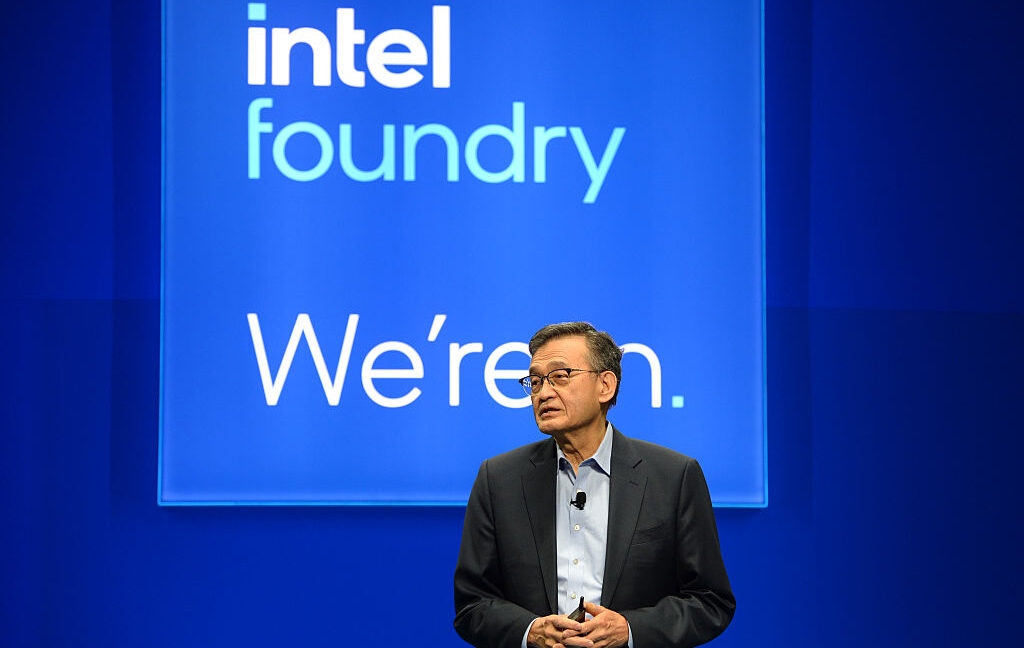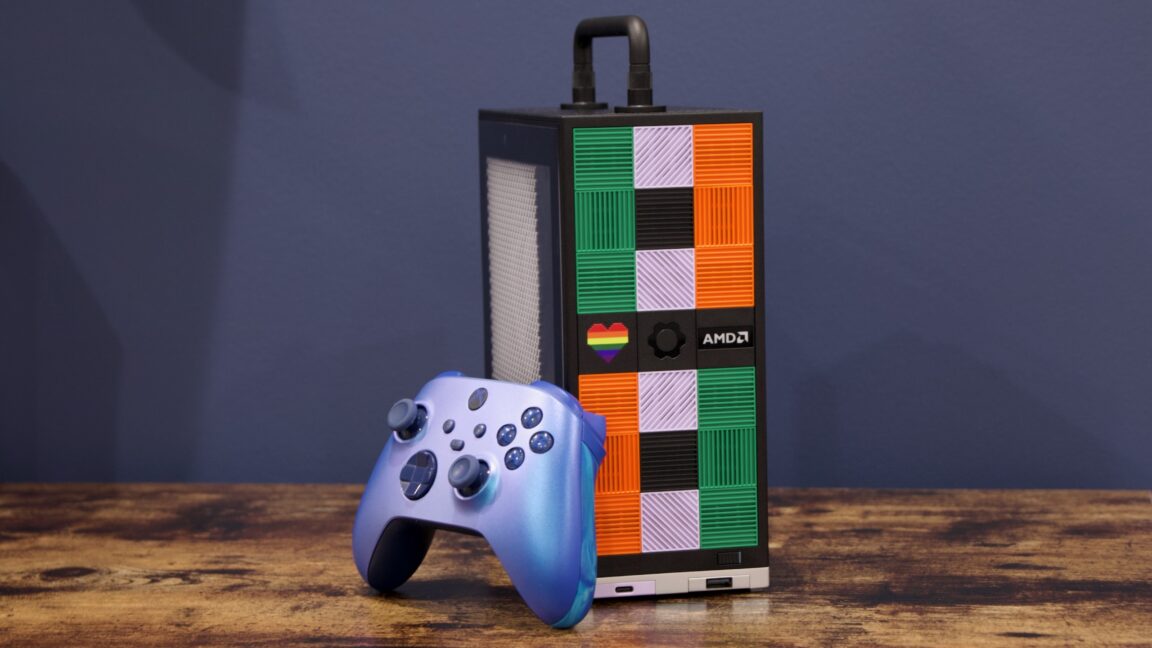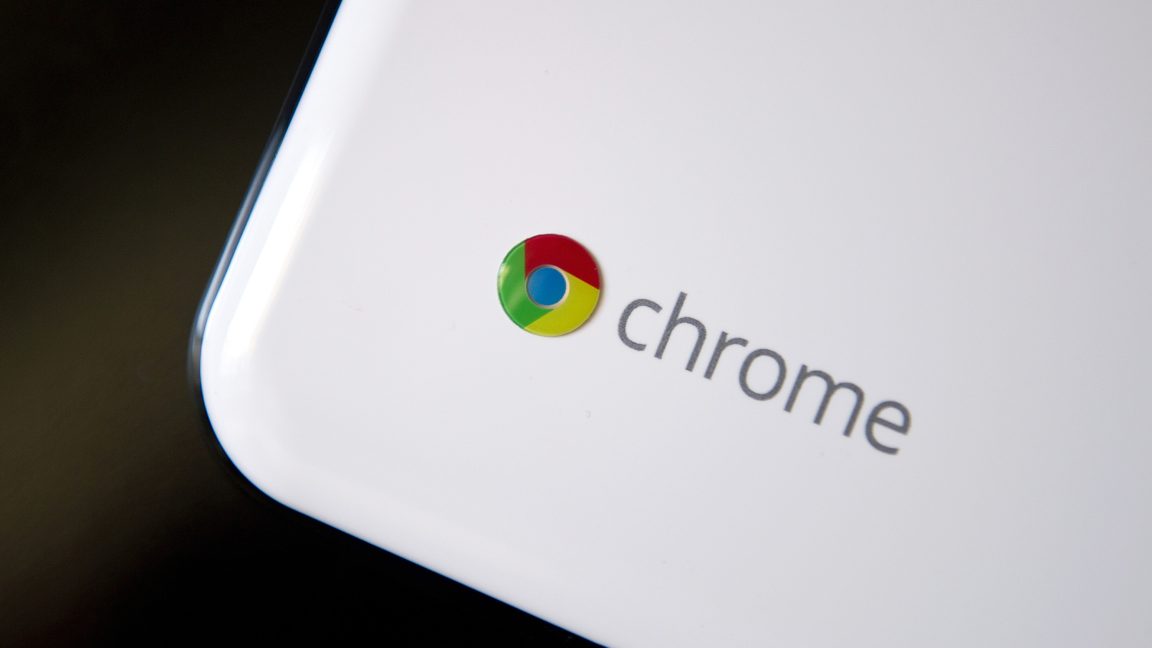New Storage Innovations Propel Gaming Handhelds Forward

Nintendo's decision to utilize the microSD Express standard for its new Switch 2 console has ignited interest in more advanced storage solutions for gaming. Originally launched in 2019, microSD Express had not gained much traction due to the ubiquity and adequacy of standard microSD cards for most users. It wasn’t until the Switch 2 needed the performance level of an internal SSD to effectively run modern games that the standard began to capture attention.
Currently, the gaming industry's focus on fast, removable storage is broader than ever. According to reports, a Chinese firm, Biwin, has developed the "Mini SSD," a diminutive yet powerful storage solution. Measuring a mere 15 by 17 mm, this innovation supports read speeds of up to 3,700MB per second using a two-lane PCI Express 4.0. While microSD Express can technically achieve similar peak speeds, real-world usage tends to cap at around 900MB per second.
Biwin showcased their Mini SSD earlier this year, revealing that it combines NAND chips and an SSD controller within LGA packaging. This design allows the device to be inserted similarly to a SIM card. It's finding support among devices like the GPD Win 5 and OneXPlayer Super X, both of which are based on AMD technology and promising compatibility with these new storage cards, available in sizes from 500GB to 2TB.
Traditionally, upgrading storage in portable gaming systems has required physically opening the device, posing significant challenges for users. The introduction of the Mini SSD aims to eliminate these obstacles, offering a fast, easy-to-upgrade solution for players who demand high performance without complicated installation processes.
As gaming continues to evolve, the issue of increasing game sizes presents further challenges. An analysis by TechSpot highlights that average game sizes have increased annually, driven by enhanced graphics capabilities and more substantial narrative elements, including high-resolution textures, audio files, and multi-language support. Games like _The Last of Us Part 1_ exemplify this trend, requiring extensive storage for non-graphic data alone.
While a definitive standard for ultra-fast, removable storage like the Mini SSD has not been officially recognized, it marks a crucial step forward in addressing the gaming sector's growing needs. Whether the future lies with Mini SSDs or other innovations still in the pipeline, this push for better gaming handheld storage solutions remains a priority.



